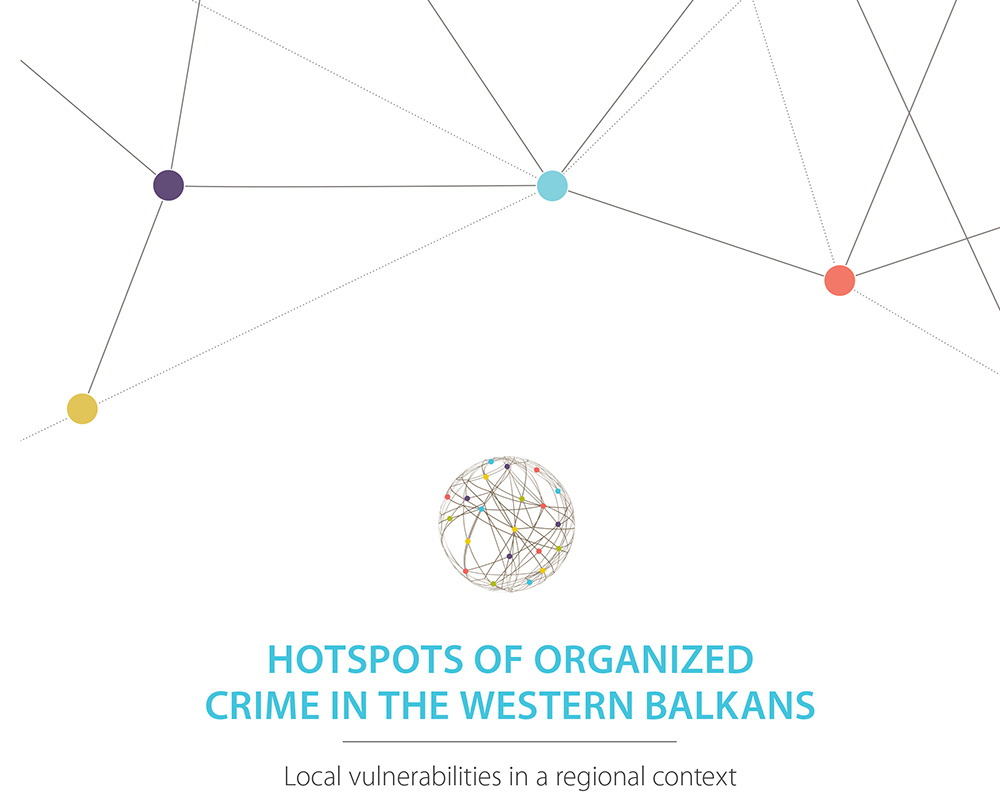The Global Initiative Against Transnational Organised Crime (GI-TOC) published Issue 5 of the Risk Bulletin produced by the Civil Society Observatory to Counter Organized Crime in South Eastern Europe.
Among other stories, you can read some related to drugs:
A renaissance of crime in Novi Pazar?
A spate of violent incidents has put Novi Pazar in southern Serbia back on the map as a hotspot of organized crime. The city, situated along key trafficking routes, once had the reputation of being the main heroin warehouse in Europe. We look at its past and present links to illicit economies.

Synthetic drugs in the Western Balkans
The Western Balkans is well known as a transit region for the trafficking of drugs, like cannabis, cocaine and heroin. But, as examined in this article, there are signs that the region is also a producer of synthetic drugs, as well as a growing consumer market.
Lessons learned from cannabis legalization in North Macedonia
In March 2016, North Macedonia legalized the cultivation and export of cannabis for medicinal use. We look at lessons learned from North Macedonia’s experience over the past five years, particularly related to regulation, and the dangers of legally-grown cannabis landing on the black market.
To read full the Bulletin, follow this link>>>.

GI TOC is a network of more than 500 experts on organised crime drawn from law enforcement, academia, conservation, technology, media, the private sector and development agencies. It publishes research and analysis on emerging criminal threats and works to develop innovative strategies to counter organised crime globally. To receive monthly Risk Bulletin updates an read more interesting stories and analysis from the region, please sign up following this link>>>.



 The Global Initiative against Transnational Organized Crime (
The Global Initiative against Transnational Organized Crime (
 Global Initiative Against Transnational Organized Crime
Global Initiative Against Transnational Organized Crime To read the report,
To read the report, 


 The report is available in
The report is available in